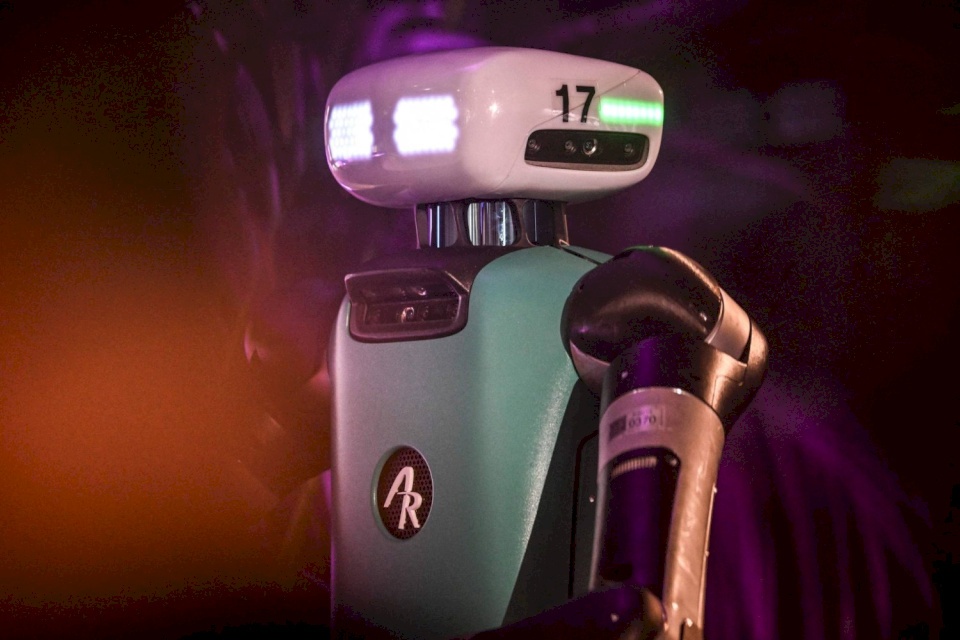
Artificial Intelligence Enables Standard ECG to Detect Structural Defects
SadaNews - Researchers in a study published in the journal "Nature" have stated that artificial intelligence can transform a standard exam at a doctor's office into a tool for detecting structural problems in patients' hearts.
Structural heart problems are defects in the structure of the heart, whether congenital (present at birth) or acquired with age. These issues affect the heart valves, walls, chambers, or muscles.
The AI tool "EchoNext," available to the public, analyzes data from a standard electrocardiogram (ECG), commonly known as an "ECG tracing"; to identify patients who should undergo echocardiography (Echo), a non-invasive ultrasound examination, to detect valve disorders, thickening of the muscle tissues, and other structural defects that can weaken heart function.
Lead researcher Pierre Elias from the Vagelos College of Physicians and Surgeons at Columbia University stated in a statement, "We all learned in medical school that you cannot detect structural heart disease from an electrocardiogram."
He added, "We believe that artificial intelligence allows the ECG to offer a completely new model of examination."
He mentioned that the "EchoNext" program uses the cheaper electrocardiogram to determine who needs the more expensive ultrasound examination.
The researchers concluded that 13 cardiologists examined 3,200 ECG images and discovered the presence of structural heart problems with an accuracy rate of about 64%, down from 77% achieved when using the "EchoNext" tool.
Researchers stated that structural heart diseases affect 64 million people worldwide who suffer from heart failure and 75 million from valve diseases, with costs exceeding $100 billion annually in the United States alone.

7 Snacks That Give You More Energy Than Coffee

"SpaceX" Seeks Approval to Launch One Million Solar-Powered Data Center Satellites

Small Habits That Indicate the Strength of Your Character

"Google" Launches AI Tool to Understand Disease-Causing Genetic Mutations

"Magic and New Hope"... Neuralink Chip Enables Paralysis Patient to Control Devices with H...

Wide Deletion Wave of TikTok in America After Trump's Allies Take Control of the App

NASA postpones first crewed lunar mission under the Artemis program due to cold weather

